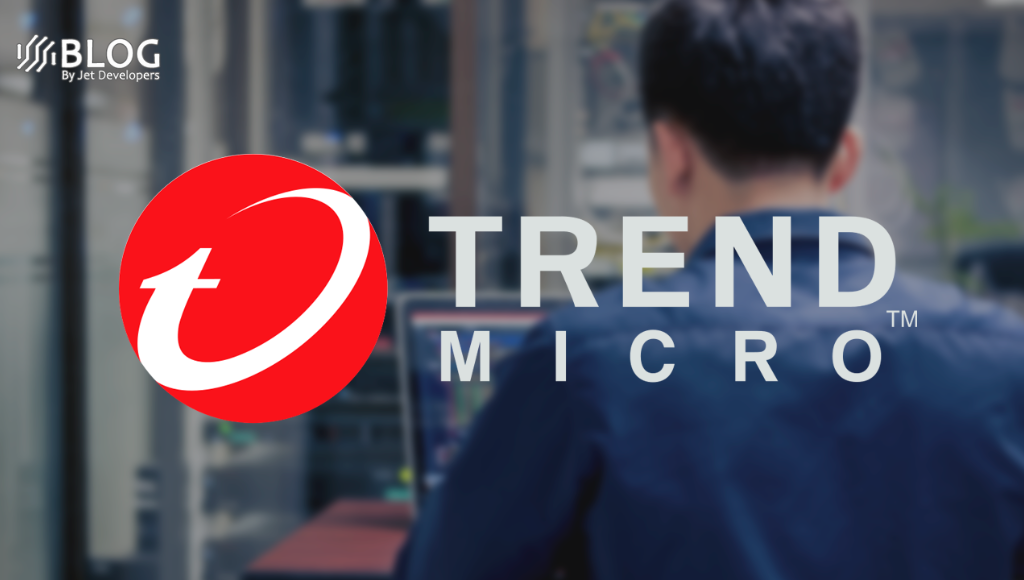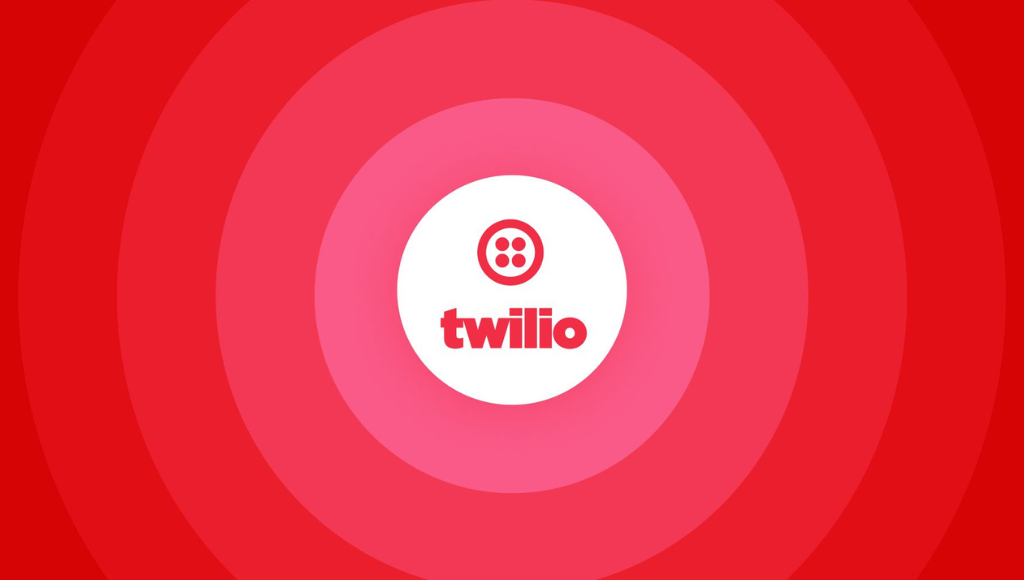A surge in artificial intelligence users and accelerating technology advances have made it imperative to improve cyber regulations and policies worldwide.
Ahead of the upcoming AI Summit in London, the new technology has been creating a frenzy in the tech world, with many leaders expressing cause for concern about its rapid progress.
In recent developments, a group of anonymous individuals is suing ChatGPT creator OpenAI for allegedly stealing a substantial amount of private information. The data was discreetly stolen to improve AI models “in a heedless hunt for profit.”
Theft lawsuit
According to Bloomberg the 157-page lawsuit states that OpenAI violated privacy laws by secretly scraping 300 billion words from the internet, tapping “books, articles, websites, and posts — including personal information obtained without consent”.
Journalists, Teresa Xie and Isaiah Poritz add that the lawsuit doesn’t shy away from sweeping language, accusing the company of risking “civilizational collapse.”
While one of the defendants was Microsoft Corp, who reportedly is planning to invest $13bn in OpenAI, the plaintiffs remain anonymous due to fear of backlash and are identified only by their initials.
The lawsuit was filed by Clarkson Law Firm on Wednesday in a federal court in San Francisco. The firm cited $3bn in potential damages overall, deduced by estimating damages caused to individuals which are in the millions.
The plaintiffs said, “Despite established protocols for the purchase and use of personal information, defendants took a different approach: theft.”
One of the popular models of OpenAI, ChatGPT along with other models are seemingly trained to take the private information of users – “including children, without their permission,” said Bloomberg.
Millions compromised
The lawsuit also accuses the leading AI firm of operating a massive clandestine web-scraping operation in violation of terms of service agreements and state and federal privacy and property laws, in particular the Computer Fraud and Abuse Act.
Other violations include larceny, unjust enrichment and violations of the Electronic Communications Privacy Act.
While addressing the details of the offenses, the complainants said, “Misappropriating personal data on a vast scale to win an ‘AI arms race’, OpenAI illegally accesses private information from individuals’ interactions with its products and from applications that have integrated ChatGPT.”
Access to the private data of millions of users allowed the company to accumulate image and location information from the social media application Snapchat, music preferences on Spotify, financial information from Stripe, and private conversations on Slack and Microsoft Teams.
By abandoning its foremost principle of developing artificial intelligence in a way that benefits humanity as a whole, the company’s path changed to chasing profits, the plaintiffs argue.
In May, Forbes reported that Twitter CEO Elon Musk and Apple co-founder Steve Wozniak signed a letter in March, alongside politician Andrew Yang, Skype cofounder Jaan Tallinn, Pinterest cofounder Evan Sharp and Ripple cofounder Chris Larson, urging AI labs to “immediately pause” work to slow down an “out-of-control race” to develop the technology.
Sam Altman, OpenAI CEO later that month told ABC News that his company was “a little bit scared” over AI’s potential, but added that it “will be the greatest technology humanity has yet developed.”
The suit asserts that ChatGPT’s expected revenue for 2023 is $200m.






